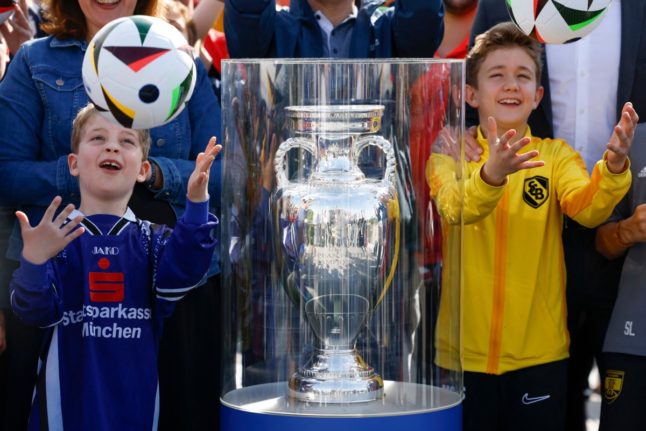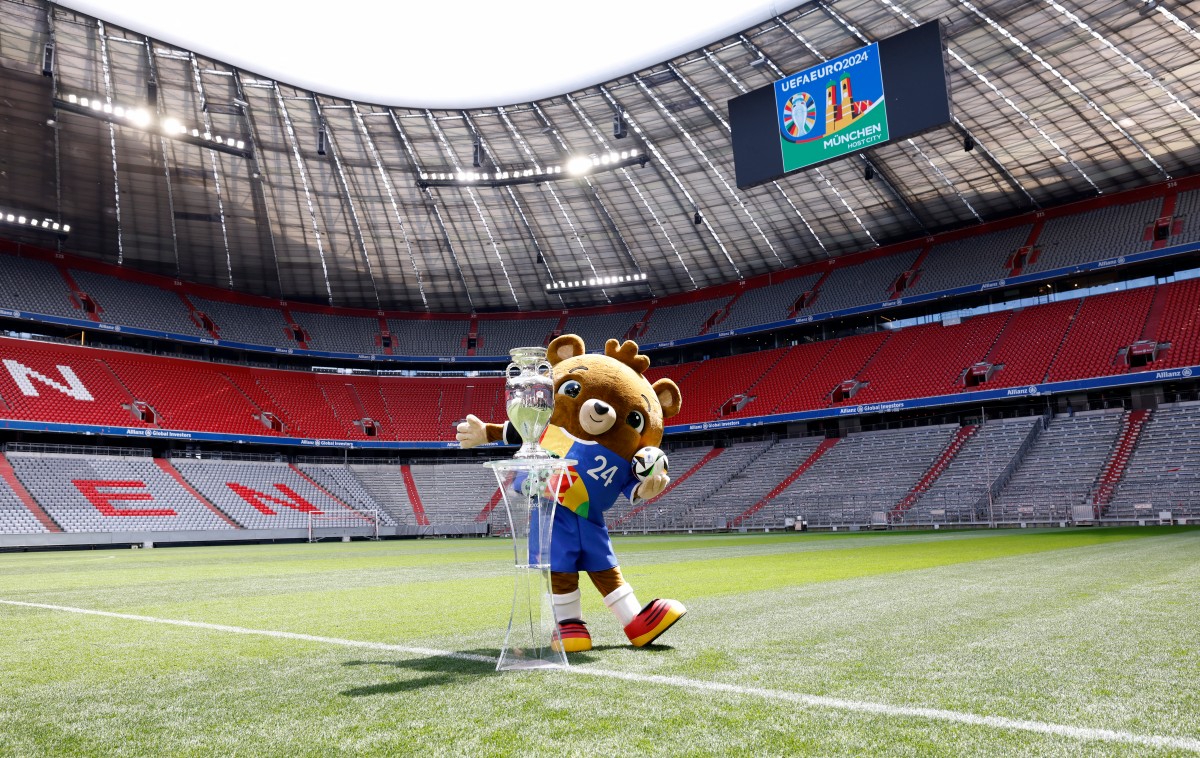Football fans who want to see Euro 2024 live in the stadium this summer will probably have their last realistic chance to get tickets this Thursday.
Starting from 11am, the European Football Union (UEFA) will provide a contingent of over 100,000 tickets. Here’s what you need to know:
How do I get tickets?
Be fast, and get a bit lucky. UEFA will allocate tickets via the EURO2024.com/tickets website on a first-come, first-served basis.
Judging by the interest shown so far in the previous ticket phases, these tickets will go fast: “especially for high-demand matches such as matches involving the host country Germany or the final itself”, UEFA noted.
According to the organising committee, this last-minute sale was made possible now that seating plans in the stadiums have been finalised.
Additionally, according to UEFA, there will be a considerable amount of discounted tickets for seats with limited visibility. The number of tickets available varies from match to match.
There is one other, very pricey ticket option that offers wealthy fans a better shot at scoring seats – by purchasing a so-called hospitality package for exorbitant prices.
For the final match on July 14th in Berlin for example, these tickets start at €5,900. For most preliminary round matches, the packages can be purchased from a price of €1,250. Currently, the packages are available for all 51 tournament matches.
The German national team opens the tournament on June 14th with a clash against Scotland in Munich.
How popular are these tickets?
A total of 2.7 million tickets were available before the first sales phase last year. In the first phase, 1.2 million tickets were on sale for over 20 million interested buyers – and correspondingly, nearly that many disappointed fans.
As with the 2022 World Cup in Qatar, there will be no paper tickets. UEFA is relying on an all-digital concept.
READ ALSO: Seven unmissable events happening around Germany in May 2024




 Please whitelist us to continue reading.
Please whitelist us to continue reading.
Member comments